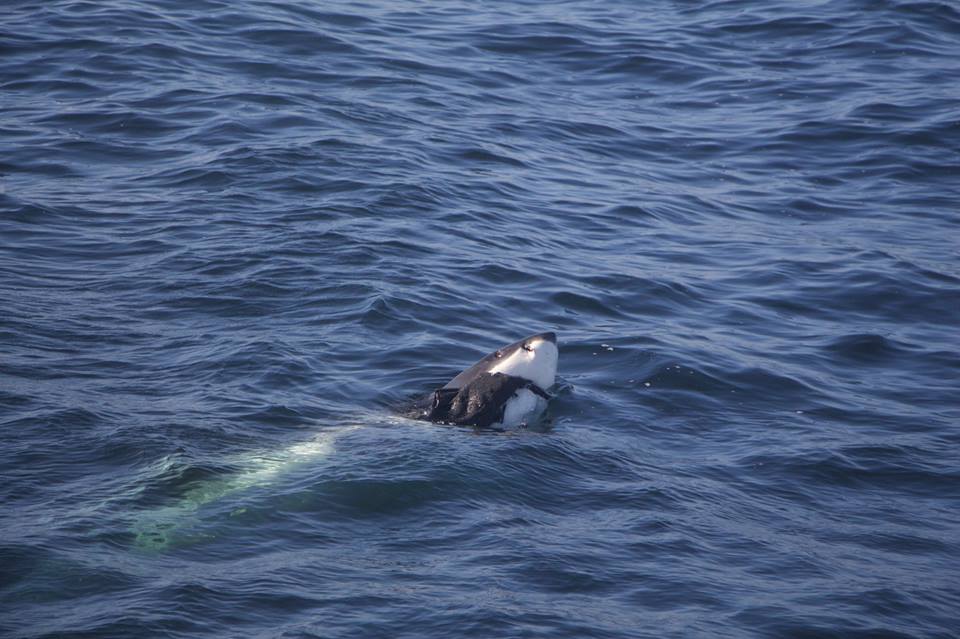Before the next Olympic Games begin in South Korea, the world’s oldest international sports federation, World Rowing (FISA) has become the first sporting body to pledge to protect World Heritage sites and their buffer zones.

Environmental organisation WWF-New Zealand is supporting the announcement as an opportunity to showcase New Zealand rowing excellence and highlight the value of NZ’s UNESCO World Heritage sites – the Sub-Antarctic Islands, Te Wahipounamu and Tongariro National Park.
WWF welcomes this landmark commitment and calls for other sports bodies to follow World Rowing’s lead. By ensuring its events and rowing activities under its control will not negatively impact on UNESCO World Heritage sites, World Rowing is setting a new standard in sustainable sports management and demonstrating the critical role that all sports organisations can play in safeguarding the world’s most iconic places.
Livia Esterhazy, Chief Executive Officer, WWF-New Zealand said:
“We’re so impressed that World Rowing is leading the sporting sector with a commitment to protect World Heritage sites. This is something all Kiwis can celebrate, as we celebrated the wins of our amazing New Zealand crews at the 2017 Rowing World Championships. Like the NZ rowing team’s success, this World Rowing pledge is about setting high standards, high goals and continually working to be world leaders. This is an exciting announcement by an international sporting body that wants to ensure the future sustainability of the marine and freshwater environments it shares with fish, birds and other biodiversity.”
Marco Lambertini, Director General of WWF International, said:
“UNESCO World Heritage sites are some of our planet’s most special places. Unfortunately, many are under threat, including from sports events and sports-related infrastructure. In pledging to protect World Heritage sites, the World Rowing Federation is showing real leadership. Our favourite sports must not risk these irreplaceable areas and their outstanding value to people and nature.”

Jean-Christophe Rolland, President of World Rowing, said:
“As rowing is a sport that is intimately connected to nature, we recognise the importance of protecting natural sites. World Rowing hopes that other international sporting organisations will follow in committing to preserve these areas of the world.”
Mechtild Rössler, Director of the UNESCO World Heritage Centre, said:
“UNESCO welcomes this landmark decision. We look forward to other sport federations and organizations in charge of large sports events, such as the International Olympic Committee, also taking on a similar commitment and putting such policies into practice.”
UNESCO World Heritage sites represent the world’s most ecologically, geologically and culturally important places. Sport-related construction, infrastructure and waste can directly threaten the Outstanding Universal Value for their natural values and cause irreparable damage.
Taking an on-going case, changes approved by the government of Bulgaria in December last year could see the ski area in Pirin National Park – a World Heritage site and Bulgaria’s premier protected area – enlarged to 333km of runs and 113km of ski lifts. This would carve up Europe’s best preserved home for wild mammals such as brown bears, wild boar and wolves.
While the rowing venues currently used for World Rowing events do not impact directly on World Heritage sites, World Rowing’s pledge demonstrates the growing awareness of sports, businesses and financial institutions of the impacts they can have on our global shared heritage. World Rowing is the first sport to respond to concerns raised by UNESCO of past negative impacts by other sports on World Heritage sites.
“This commitment must be the start of a broader transition in sport. With the eyes of the world on the upcoming Winter Olympics, other sports must follow World Rowing in adopting policies that manage the risk of sports events and associated infrastructure developments on the environment. WWF calls on all sports to commit to protecting UNESCO World Heritage sites,” added Lambertini.








